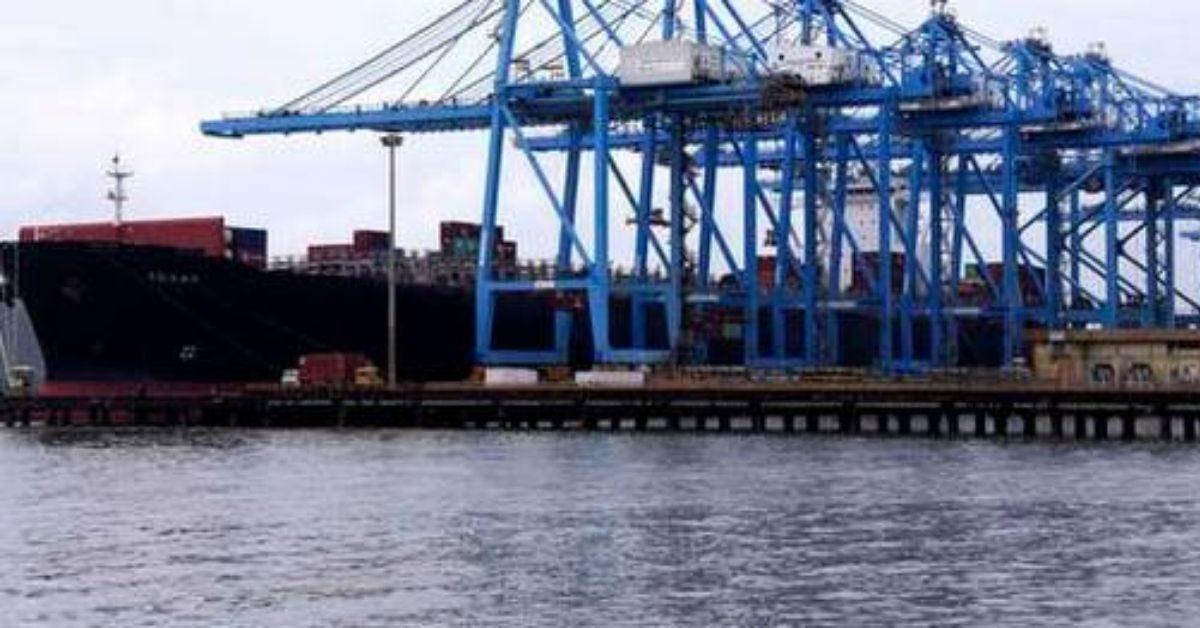This move would not only enhance the infrastructure capacity but also reduce the cost, logistic hassle and time required for ferrying these sensitive items.
It’s learnt that state-owned Munitions India Limited (MIL) and private company Economic Explosives Limited (EEL), both manufacturers of explosives, are uncomfortable exporting their items, including ammunition, due to the fact that there are only three authorised gateways — ports at Chennai, Kochi, and Vizag — for exports.
Both the companies — MIL, based in Pune, and EEL, based in Nagpur — find it hard to transport explosives as well as different versions of ammunition, from small arms to missiles, to far-off ports in the southern part of the country, sources privy to developments told businessline. Since most of the explosives are bound for Europe and West Asia, the maritime route consignments taken from the authorised southern ports are also long. Instead, if they are to be dispatched from those in the west — at Mumbai and Kandla in Gujarat, sources informed.
The Ministry of Defence is believed to be working on the suggestions to ensure that either Mumbai port or Kandla port receives authorisation to share the infra load for exports, which has jumped phenomenally over the last year. The issue was reviewed at a meeting that Defence Secretary Giridhar Aramane held on November 15, according to Ministry sources.
It is roughly estimated by industry insiders that the volume of explosive exports is likely to jump from about ₹200 crore in FY22 to about ₹1,500 crore in the current FY23. While MIL specialises in military explosives, EEL was mainly into commercial explosives but has diversified into military-grade ammunition. EEL had recently shared an export order with the defence PSU for artillery ammunition for a West Asian country.
businessline had reported in September that the MIL was sitting on an order book of ₹4,700 crore that would last till 2025. It manufactures 300 different types of explosives spread across a range of artillery shells, mortars, and bullets, besides also supplying companies here and abroad with fuse and explosive fills like TNT, RDX, and MMX, which have high melting intensity.
The authorisation to handle explosives would mean that a port has to upgrade its safety standards to defined parameters, which also includes keeping a safe distance from the surrounding population, industry sources said. The storage facility and distance between vessels go up at the time of loading explosives and ammunition. The fire fighting capacity of the port also has to meet laid-out safety standards, and the staff has to be adequately trained to handle such specialised consignment and any untoward incidents if they happen. The packaging of explosives has to be certified by the Mumbai-based Indian Institute of Packaging.







